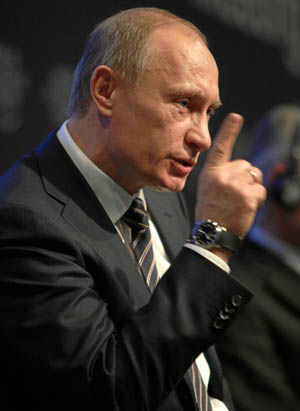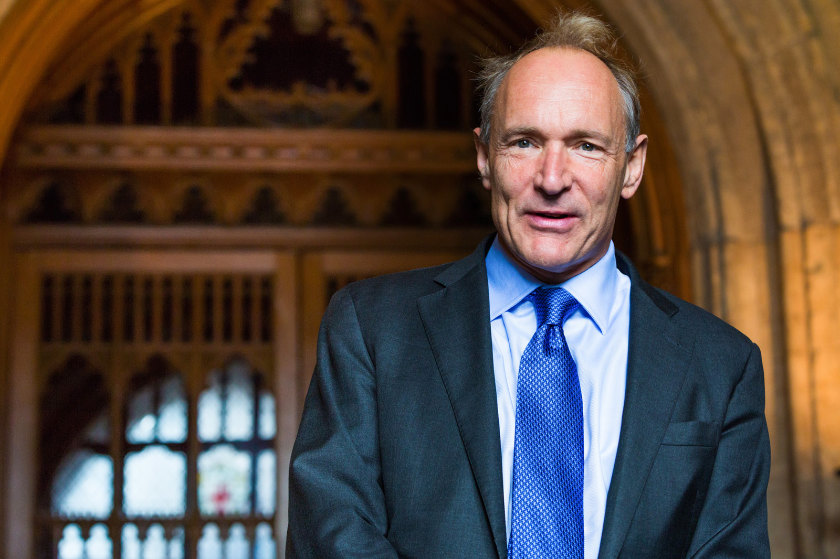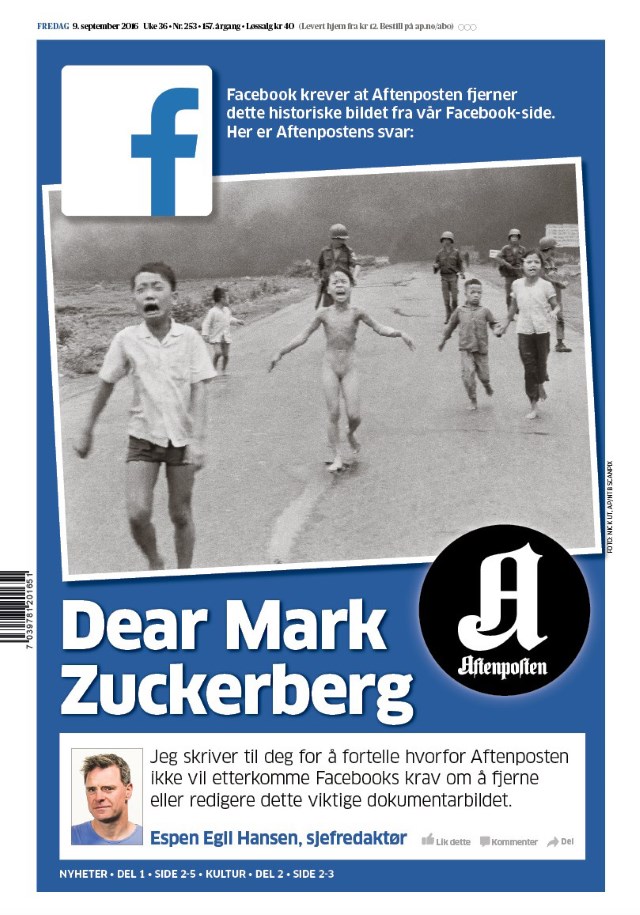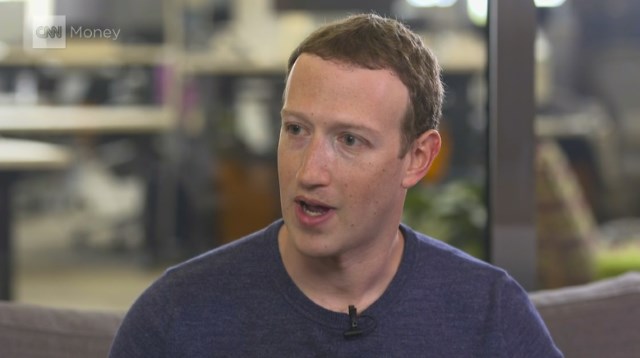Vladimir Putin has won the first round in the presidential elections in Russia by such a margin that he won’t need to face rivals for a second-round run-off. But the one place where he scored less than half of the vote was in Moskva, the most educated and affluent city in the nation. Turnout was also low in the capital.
Putin’s win was, to some degree, one that was helped by the Russian media, which are largely celebrating the victory today. Its mainstream media reach most of the country, and blogs and independent media are largely, as with most countries, centred in the cities. I’m no expert on Russian politics—my only claim to any real knowledge of Russia is that my late mother spoke Russian and I knew the Cyrillic alphabet at a young age—but put in my context, it does seem opposition to the mass media’s angle wasn’t readily accessible outside the main centres. And what I know has come, too, from mainstream media—views of the protests in Moskva, 100,000 strong, by reporters working for occidental news outlets who might not be disposed to a Putin win.
What we witnessed in Russia is not a phenomenon that’s foreign to any of us. An educated public always seeks more information, and is exposed to a greater variety of views as a result. They are interested more in dialogue, having grown up with a BS-meter built in and a healthy cynicism toward marketing and spin. They seek engagement more than a populist angle propagated by institutions—because they believe those institutions have their own agenda.
Larger urban populations also spur a greater variety of thought, enough to get people questioning. See an Occupy protest? You’re prompted to ask what the motives are behind it, especially in cities like Wellington where I would venture that most of us either know someone who participated, or is connected with someone by one or two degrees of separation. And if that person we know is someone of good character, then we’re less likely to believe the idea that there is a “protester class”, one that stirs up trouble constantly just because it’s antiestablishment. They may have had good motives to protest. You don’t accept that they’re a bunch of troublemakers.
The fact that rural populations reflect mainstream media viewpoints has nothing to do with them being less intelligent, but it is to do with their being less exposed by virtue of the digital divide. It’s why I’ve always believed in the bridging of a digital divide, either across socioeconomic classes, regions or even countries. When I ran for office, I discovered that a great deal of the cost of getting the internet, for instance, to rural communities is actually not as high as some would have us believe. For the most part, it’s been a lack of will, and perhaps a lack of desire to get more people into a dialogue, and expose them to a greater variety of thinking. But I believe the demand is there, and I believe we humans are naturally inquisitive.
Certainly, the distance from dissenters, such as those in the Moskva protests, has allowed a TV-rich, but not necessarily internet-rich, Russia to get one, largely popular, message across the nation. Internet penetration is between 40 and 50 per cent, but broadband is only 30 per cent—versus 70 per cent in cities like Moskva and St Petersburg. Is it any surprise, then, that Vladimir Putin is popular in rural Russia, while the loudest voices complaining of vote-rigging are in the cities?
I make no judgement on whether Vladimir Putin is right or wrong for his country. On that I blame my own distance of not having too many Russian friends (despite actually having my own Vkontakte page). I have not engaged with them on this issue. However, I credit Putin’s victory in part to pro-Putin mass media, and that should signal to us, in any country, that it’s our duty to seek alternative viewpoints when it comes to casting a vote that will decide our own nation’s agenda for years to come.








